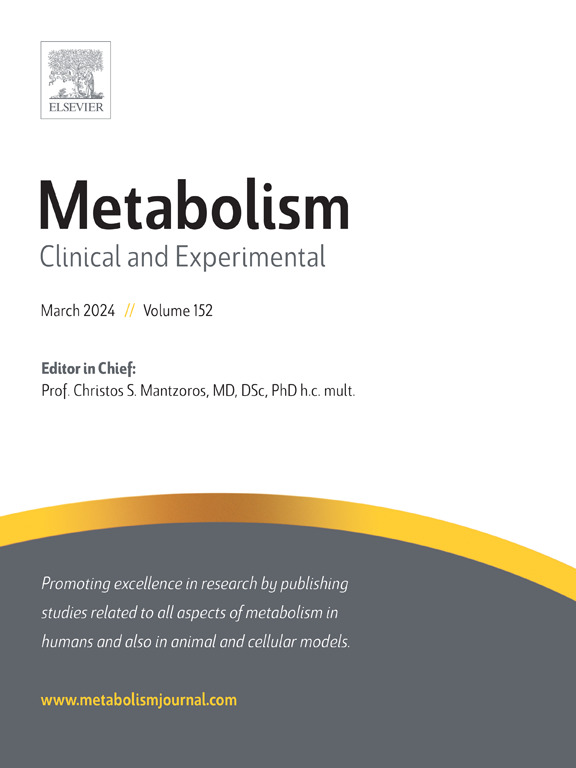IFT80 and TRPA1 cooperatively regulate bone formation by calcium signaling in response to mechanical stimuli
IF 10.8
1区 医学
Q1 ENDOCRINOLOGY & METABOLISM
引用次数: 0
Abstract
Background
Intraflagellar transport 80 (IFT80) is vital for primary cilia which can sense and transduce mechanical signals. Mechanical stimuli expedite osteoblastic differentiation and bone formation in mesenchymal stem cells (MSCs). However, how IFT80 regulates mechanical transduction in MSCs remains unclear.
Basic procedure
To investigate the role of IFT80 in bone development and mechanical transduction, MSC-specific knock-out IFT80 (Prx1Cre; IFT80f/f) mice were generated. These mice exhibited significant skeletal abnormalities. The study further examined the effects of IFT80 deficiency on mechanical stimulation-induced osteoblastic differentiation and bone formation, as well as the underlying molecular mechanisms involving TRPA1 and calcium signaling pathways.
Main findings
In our study, Prx1Cre; IFT80f/f mice results in pronounced skeletal abnormalities including dwarfism, bone formation defect, malformations in the skull, limbs, and sternum, and abnormal joint structures. Furthermore, IFT80 deficiency in MSCs inhibits mechanical stimulation induced osteoblastic differentiation. Exercise training could not improve the bone formation in Prx1Cre; IFT80f/f mice. Mechanistically, IFT80 deficiency in MSCs downregulated the expression of transient receptor potential ankyrin 1 (TRPA1) and TRPA1-mediated Ca2+ influx, which further inhibited osteoblastic differentiation under mechanical stimulation by AKT and ERK signaling pathways. Finally, TRPA1 overexpression reversed impaired bone formation in Prx1Cre; IFT80f/f mice under exercise training.
Principal conclusions
IFT80 and TRPA1 cooperatively regulate osteoblastic differentiation and bone formation in response to mechanical stimulation. These findings suggest that IFT80 and TRPA1 are critical for skeletal homeostasis and may serve as potential therapeutic targets for skeletal disorders.

求助全文
约1分钟内获得全文
求助全文
来源期刊

Metabolism: clinical and experimental
医学-内分泌学与代谢
CiteScore
18.90
自引率
3.10%
发文量
310
审稿时长
16 days
期刊介绍:
Metabolism upholds research excellence by disseminating high-quality original research, reviews, editorials, and commentaries covering all facets of human metabolism.
Consideration for publication in Metabolism extends to studies in humans, animal, and cellular models, with a particular emphasis on work demonstrating strong translational potential.
The journal addresses a range of topics, including:
- Energy Expenditure and Obesity
- Metabolic Syndrome, Prediabetes, and Diabetes
- Nutrition, Exercise, and the Environment
- Genetics and Genomics, Proteomics, and Metabolomics
- Carbohydrate, Lipid, and Protein Metabolism
- Endocrinology and Hypertension
- Mineral and Bone Metabolism
- Cardiovascular Diseases and Malignancies
- Inflammation in metabolism and immunometabolism
 求助内容:
求助内容: 应助结果提醒方式:
应助结果提醒方式:


